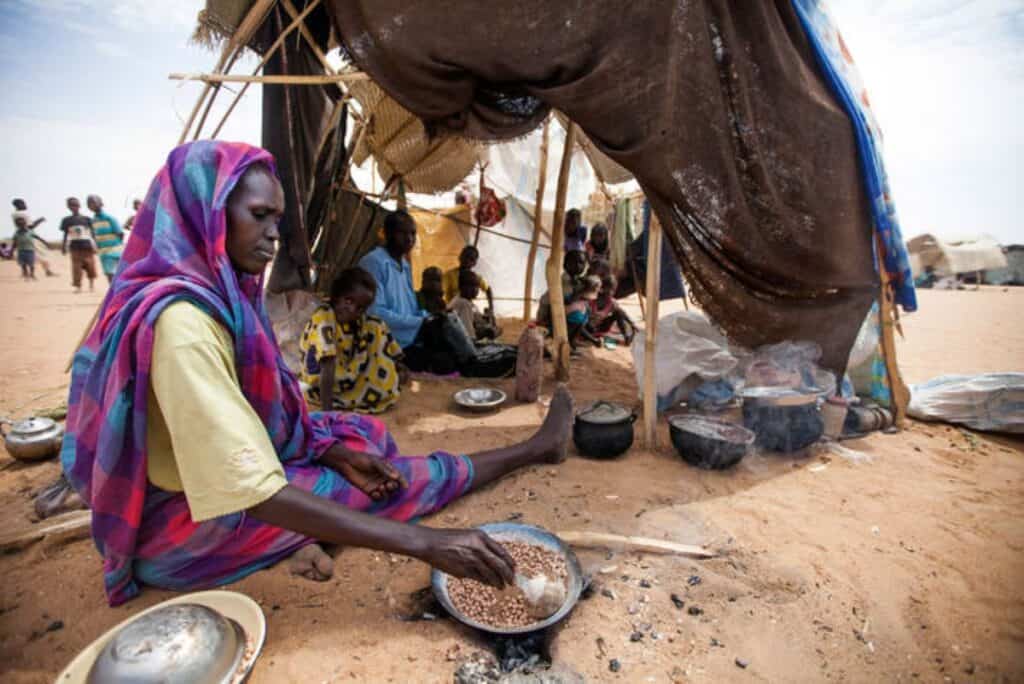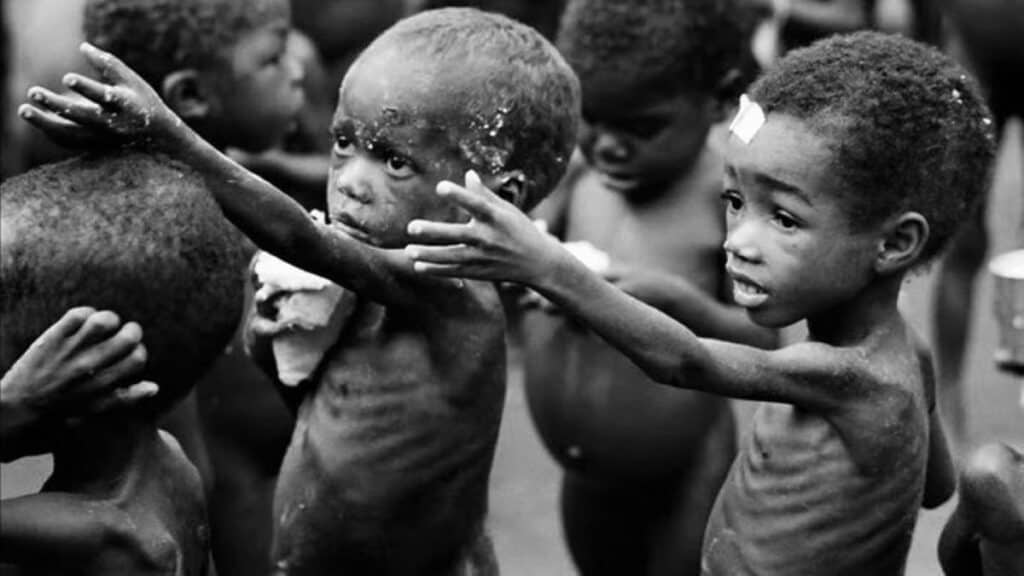
Hunger Crisis Alert: UN Agencies Sound Alarm on 18 'Hotspots' at High Risk (Photo Source: FAO)
The Food and Agriculture Organization (FAO) and the World Food Programme (WFP) have issued a report highlighting the worsening hunger crisis in 18 critical “hotspots” around the world. Sudan, Burkina Faso, Haiti, and Mali have been raised to the highest alert level, joining Afghanistan, Nigeria, Somalia, South Sudan, and Yemen as countries facing severe food insecurity.
In addition to ongoing conflicts, these nations are also threatened by a potential El Niño phenomenon, which could lead to extreme climate conditions, further exacerbating the situation in vulnerable regions. Urgent humanitarian action is required to save lives, prevent starvation, and address the root causes of food insecurity.

Dongyu Qu, the Director-General of FAO, emphasized that maintaining the status quo is not an option in the face of current risks. Immediate interventions in the agricultural sector are crucial to pull people back from the brink of hunger and provide long-term solutions. The report indicates that acute food insecurity may increase in these 18 hotspots, encompassing 22 countries.
Cindy McCain, Executive Director of WFP, highlighted the severity of the situation, stating that not only are more people going hungry worldwide, but the intensity of their hunger has also worsened. Sudan, in particular, is already grappling with mass displacement and hunger. Over a million citizens and refugees are expected to flee the country, while an additional 2.5 million people within its borders are at risk of acute hunger in the coming months.
The report warns of potential spillover effects of the Sudan conflict, including negative impacts on neighboring countries. If the conflict persists, it could lead to further displacement, disruptions in trade, and hinder humanitarian aid flows. Economic shocks and stressors resulting from the COVID-19 pandemic and the war in Ukraine are contributing factors to acute hunger in most of these hotspots.
Afghanistan, Nigeria, Somalia, South Sudan, and Yemen remain at the highest alert level for acute hunger. Alongside Sudan, Haiti, Burkina Faso, and Mali have also been raised to this level due to movement restrictions affecting people and goods.
The UN agencies emphasized that all hotspots at the highest alert level require immediate attention as communities face or are projected to face starvation. The report also highlights the very high concern for hotspots such as the Central African Republic, the Democratic Republic of the Congo, Ethiopia, Kenya, Pakistan, Syria, and Myanmar, where a large number of people are experiencing critical acute food insecurity, with conditions expected to worsen in the coming months.

Lebanon, Malawi, El Salvador, Guatemala, Honduras, and Nicaragua are also identified as hotspots. Meanwhile, WFP has begun distributing food assistance in Sudan’s capital, Khartoum, to thousands of people trapped since the outbreak of fighting six weeks ago. The ceasefire agreed by the army is nearing its end, and WFP is expanding its emergency food assistance across Sudan, aiming to reach at least 500,000 people.
As the hunger crisis continues to escalate, WFP plans to support 5.9 million people in Sudan. However, it requires $731 million in funding to fulfill this crucial mission. Immediate action is vital to prevent further loss of life and alleviate the suffering of millions affected by food insecurity in these hotspots around the globe.






